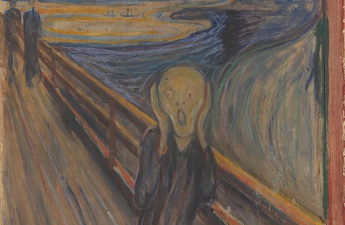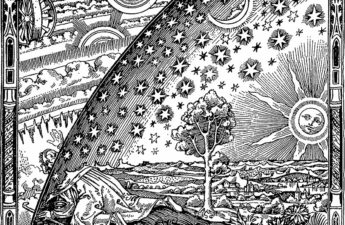In his 2004 paper, George A. Bonanno looks at resilience and how many professionals dismiss or underestimate it. He asks- does everyone need help?
Tag: philosophy
Memento Mori- Remember Death
The theory practised throughout history of ‘Memento Mori’- Remember Death. Do we still have a relationship with our own mortality? Quotes from Seneca, Tolstoy & more.
Friedrich Nietzsche and ‘Amor Fati’
Friedrich Nietzsche said that the formula for greatness is ‘amor fati’, a Latin phrase meaning ‘love of fate’. With quotes from Nietzsche and Epictetus.
How Can You Describe Derealization
To experience the world through a pane of glass. To reach out and not be able to touch anything or anyone around you. To feel like a stranger in your own home. A brief account of Derealization. With quotes from Milton & Bronte
The Philosophy of Forgiveness
In 1835, Rev. C. C. Vanarsdalen wrote an article entitled ‘The Philosophy of Forgiveness’. He looks at the possibility in forgiveness and the limitations of resentment.
Epictetus on Resolution-a Virtue or an Illness?
In The Discourses, Epictetus discusses the two potential sides to resolution; a virtue or an illness. Are we willing to change our minds to be closer to the truth?
Seneca on the Fallacy of Travel
In Letter XXVIII of ‘Letters from a Stoic’, Seneca discusses the fallacy surrounding travel; what it achieves, and what it simply can’t. “A change of character, not a change of air, is what you need.”
Rainer Maria Rilke and the Inexplicable
If we supposedly have all the answers, what kind of relationship can we have with the inexplicable or the mysterious? Rainer Maria Rilke discusses possibility in the unknown and danger in the absolute.
Rainer Maria Rilke on Letting in Sadness
In late 1902, a young officer cadet began corresponding with poet Rainer Maria Rilke. ‘Letters to a Young Poet’ is a collection of Rilke’s letters to the young aspiring writer. In Letter No. 8, Rilke addresses the transformative nature of sadness.
A Tale of Temperance
In recent history, the virtue of temperance has been associated with strict asceticism. A joyless lifestyle, filled with self-deprivation and suppression. But temperance was never meant to be an extreme. When we look further back in time, we find its essence and purpose. Quotes from Aristotle, Aquinas, Seneca & more.










